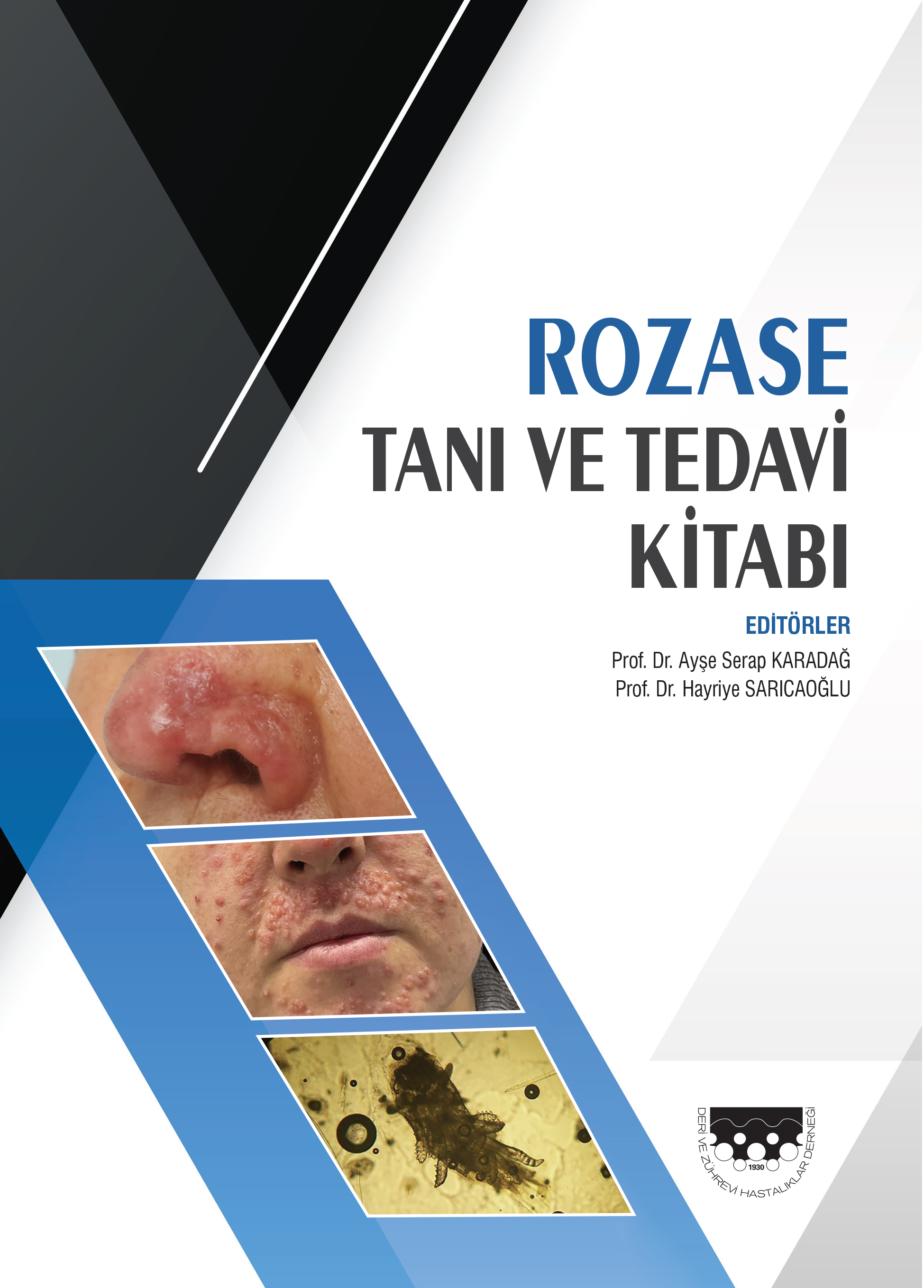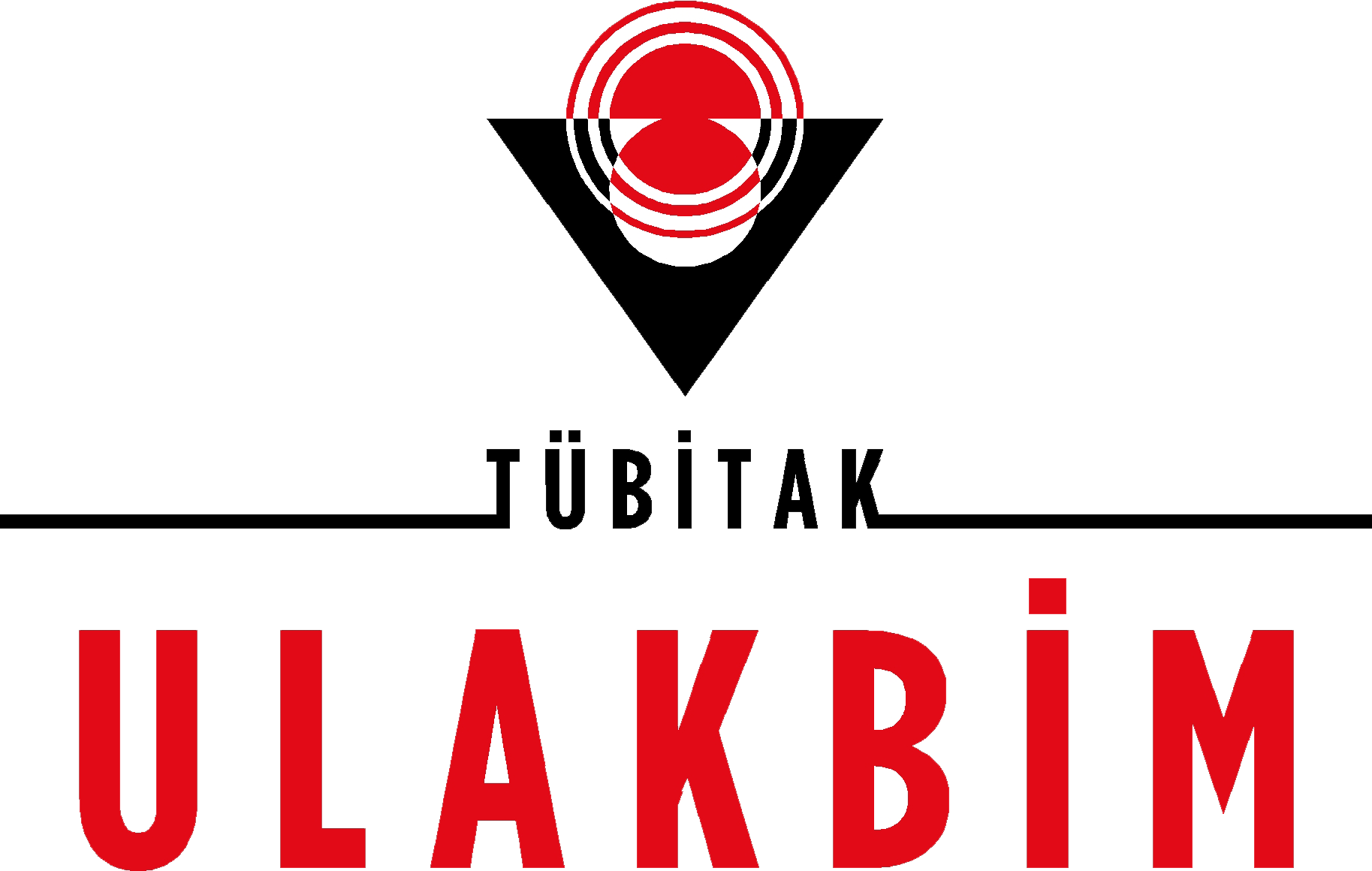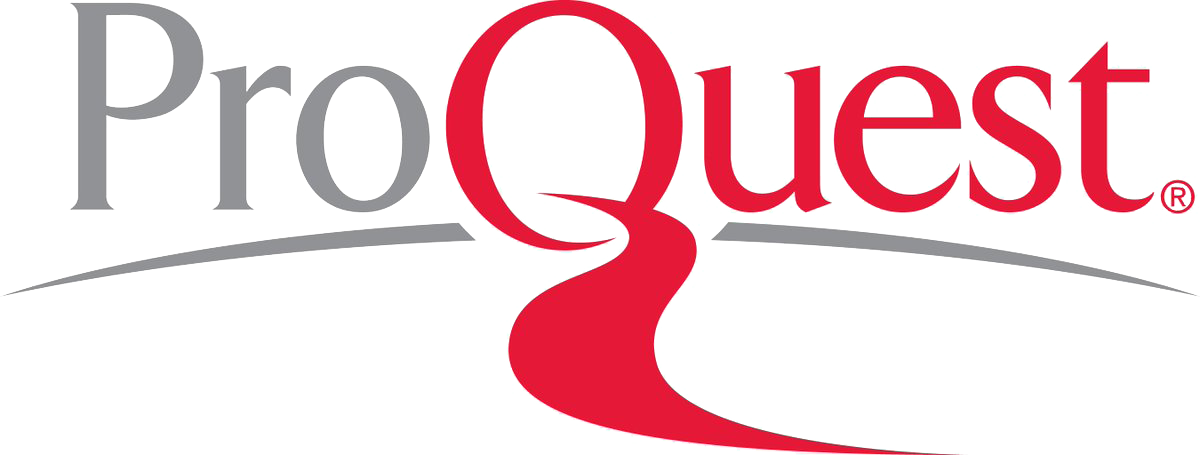Comparison of Safety and Efficacy of Oral Azithromycin-Topical Adapalene Versus Oral Doxycycline-Topical Adapalene in the Treatment of Acne Vulgaris and Determination of the Effects of These Treatments on Patients Quality of Life
Serap Kayhan1, İlham Sabuncu1, Zeynep Nurhan Saraçoğlu1, Ayşe Esra Koku Aksu1, Mustafa Tozun21Eskisehir Osmangazi University Faculty Of Medicine, Department Of Dermatology, Eskisehir, Turkey2Eskisehir Public Health Centre, Eskisehir, Turkey
Background and Design: Acne vulgaris is a chronic inflammatory disease of the pilosebaceous unit. Oral antibiotics and topical retinoids are effective in the treatment of acne.
Materials and Methods: In this study, 60 patients with moderate acne vulgaris were evaluated; the patients were randomized into two equal groups. The groups were matched with respect to age, gender and clinical severity of acne. The patients in group 1 received oral azithromycin (500 mg daily on 3 consecutive days per week) and the patients in group 2 received doxycycline (100 mg daily) for 12 weeks. Topical adapalene gel was added to the systemic treatment in both groups. Clinical evaluation was performed at baseline and at the end of first, second and third months. Side effects were recorded. Quality of life in patients was measured with Skindex-29 and Acne Quality of Life Scale before treatment and at the end of third month.
Results: At the end of the treatment, the patients in the two treatment groups had clinical improvement of more than 50%. Twenty-one patients in the azithromycin-adapalene group and 23 patients in the doxycycline-adapelene group had more than 80% clinical improvement. There was not any statistically significant difference in the clinical efficacy between the two combinations. Both treatment regimens were safe with minimal side effects. There was statistically significant difference in Skindex-29 and Acne Quality of Life Scale scores at baseline and at the end of the treatment (p< 0.05). There was not any statistically significant difference in the mean scale scores of both quality life scales between the two groups (p>0.05).
Conclusion: Both treatments were efficient and safe. There was significant improvement in quality of life scale scores in both groups.
Akne Vulgaris Tedavisinde Oral Azitromisin ile Topikal Adapalen ve Oral Doksisiklin ile Topikal Adapalen Etkinliğinin ve Güvenirliğinin Karşılaştırılması ve bu Tedavilerin Yaşam Kalitesi Üzerine Etkilerinin Ölçülmesi
Serap Kayhan1, İlham Sabuncu1, Zeynep Nurhan Saraçoğlu1, Ayşe Esra Koku Aksu1, Mustafa Tozun21Eskişehir Osmangazi Üniversitesi Tıp Fakültesi, Deri Ve Zührevi Hastalıklar Anabilim Dalı, Eskişehir, Türkiye2Eskişehir Toplum Sağlığı Merkezi, Eskişehir, Türkiye
Amaç: Akne pilosebase ünitenin kronik inflamatuvar bir hastalığıdır. Oral antibiyotikler ve topikal retinoidler akne tedavisinde etkilidir.
Gereç ve Yöntemler: Bu çalışmaya orta şiddetli akne vulgarisi olan 60 hasta alındı, hastalar randomize olarak iki gruba ayrıldı. Gruplar arasında yaş, cinsiyet ve akne şiddeti açısından farklılık yoktu. Birinci gruptaki hastalara azitromisin (500 mg haftada 3 gün), 2. gruptaki hastalara doksisiklin (100 mg/gün) tedavisi 12 hafta süre ile verildi. Sistemik tedaviye ek olarak her iki gruptaki hastaların tedavisine topikal adapalen jel eklendi. Klinik değerlendirme başlangıçta ve 1, 2, 3. ayın sonunda yapıldı. Yan etkiler kaydedildi. Hastaların yaşam kaliteleri Skindeks-29 ve Akne Yaşam Kalite Ölçeği ile tedavi öncesi ve 3. ayın sonunda değerlendirildi.
Bulgular: Tedavi sonrasında her iki tedaviyi alan tüm hastalarda %50den fazla düzelme gözlendi. Azitromisin ile adapalen tedavisi alan 21 hastada ve doksisiklin ile adapalen tedavisi alan 23 hastada %80 ve daha fazla düzelme gözlendi. Her iki tedavinin etkinlikleri karşılaştırıldığında lezyonların azalma yüzdesinde istatistiksel olarak anlamlı fark bulunamadı (p>0,05). Her iki tedavi yöntemi düşük yan etki insidansı ile güvenli bulundu. Skindeks-29 ve Akne Yaşam Kalite Ölçeğinin skala skorlarında tedavi başlangıcı ve tedavi sonrasında istatistiksel olarak anlamlı fark mevcuttu (p<0,05). Yaşam kalite ölçeklerinin skala skorları arasında iki grupta istatistiksel olarak anlamlı fark bulunamadı (p>0,05).
Sonuç: Her iki tedavi yöntemi etkili ve güvenli bulundu. Yaşam kalite ölçeklerinde istatistiksel olarak anlamlı düzelme gözlendi.
Manuscript Language: Turkish























